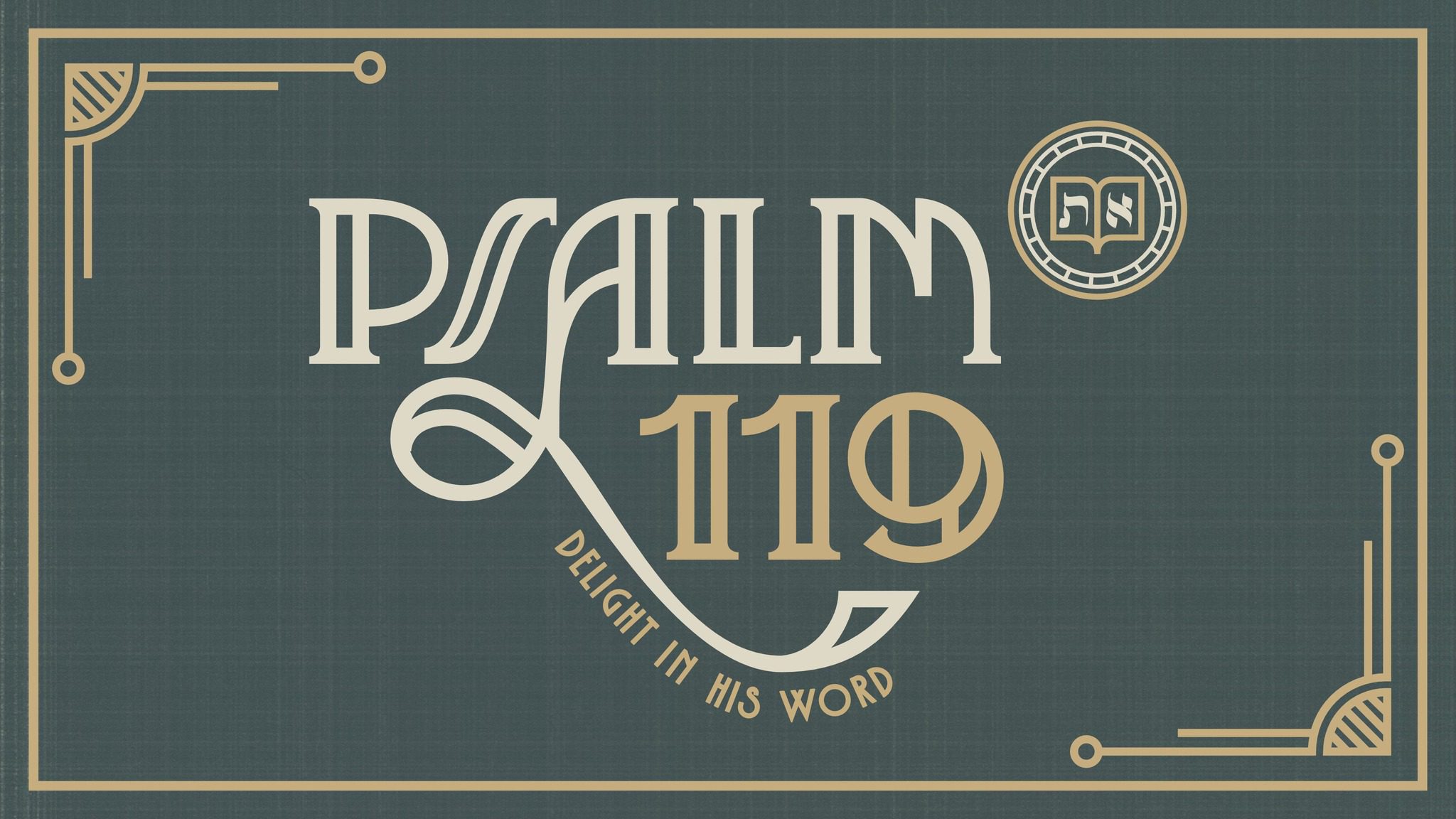Shawn Piedrahita taught RC students about the religion of Christian Science. It describes itself as being a religion based on love. Followers of Christian Science boast about following their emotions and feelings while seeking to connect to God. In reference to Christian Science, Matt Slick says “Of all the biblically-based cults in America today, Christian Science is one of the most interesting. Not only does it deny the essential doctrines of Christianity but also it has completely reinterpreted the Bible.” (Matt Slick from Carm.org)
Christian Science
The Christian Science movement began after its founder Mary Baker Eddy “gained a powerful insight in 1866 when she experienced a dramatic recovery from a life-threatening accident after reading about Jesus’ healings. From that pivotal moment, she sought an understanding of how she had been healed. She returned to the Bible and prayed for answers. It became clear to her that spiritual healing was based on divine laws of God, Spirit, and that these laws could be applied by anyone to heal every form of human suffering and sin.” Furthermore, Mary Baker Eddy (1821-1910) wrote a book titled, “Science and Health with Key to the Scriptures,” whereby her followers would interpret the Bible through her writings. She came to a point in her life when she started to question the Bible. This led her to the belief that she “discovered the secret of “Divine Science” after being healed miraculously from a crippling fall. Then, she began teaching her healing techniques and spiritual philosophy to interested students.” (Namb.net) Today, the Christian Science headquarters is in Boston, MA.
God
God is an impersonal principle of life, truth, love, intelligence, and spirit. God is all that truly exists and matter is simply an illusion. Responses: Genesis 1:1, 19:16-33
Jesus
Christian Science does not believe that Jesus was the Christ, but simply a man who displayed the “Christ” idea (“Christ” means perfection, not a person). Jesus was also not God and God can never become a man or flesh. Jesus did not and could not suffer for sins, He did not die on the cross, resurrect physically and He will not return. Responses: John 10:30, 14:1-3, 1 Corinthians 15:3-4
The Holy Spirit
The Holy Spirit is viewed as a teaching of Christian Science Responses: Matthew 28:19, Acts 10:19, Romans 8:26, Titus 3:6
Salvation
Humanity is already eternally saved and sin, evil, sickness and death are not real but merely a state of mind. Sin is only punishable if one believes in it. Responses: Mark 16:16, John 14:6, Romans 3:23-24
Death
Death is not real, and Heaven and Hell are simply states of mind. The way to reach “Heaven” is by attaining Harmony (oneness with God). Responses:Matthew 25:46, John 14:6
Other Beliefs
Members use Christian Science Practitioners instead of a doctor. Healing comes through realizing one cannot really be sick or hurt and that the body itself cannot be ill, suffer pain, or die since matter is an illusion. Christian Science places the Bible and Eddy’s Science and Health with Key to the Scriptures on equal authority, and places these two books as their “pastors.”
Witnessing to Christian Scientists (Namb.net)
1.Have a clear understanding of your faith and the Bible.
2. Have a basic knowledge of the beliefs and presuppositions of Christian Science.
3. Seek to establish a sincere personal relationship with the Christian Scientist.
4. Establish the unique authority of the Bible. Tell the Christian Scientist that you do not consider any belief that is not biblically based as valid.
5. Define clearly all terms of biblical Christianity and Christian Science. Christian Science uses many biblical and Christian terms that have different meanings.
6. When appropriate, respectfully discuss significant differences in doctrine. Focus on historic biblical perspectives about God, Jesus Christ, and salvation. Also, establish the reality of sin, disease, and death. Emphasize why Christ’s death was necessary.
7. Share your personal testimony of faith in Jesus Christ. Explain how you realized you are a sinner, but have trusted in Jesus’ death and resurrection to atone for your sin.
8. When you have clarified all important issues, share the plan of salvation and seek to lead the person to faith in Christ.
Resources
Quotes taken from https://www.christianscience.com/what-is-christian-science/mary-baker-eddy
See: “ Is the Christian Science religion Christian?” https://carm.org/christian-science-religion-christian
See: Christian Science https://www.namb.net/apologetics-blog/christian-science/












